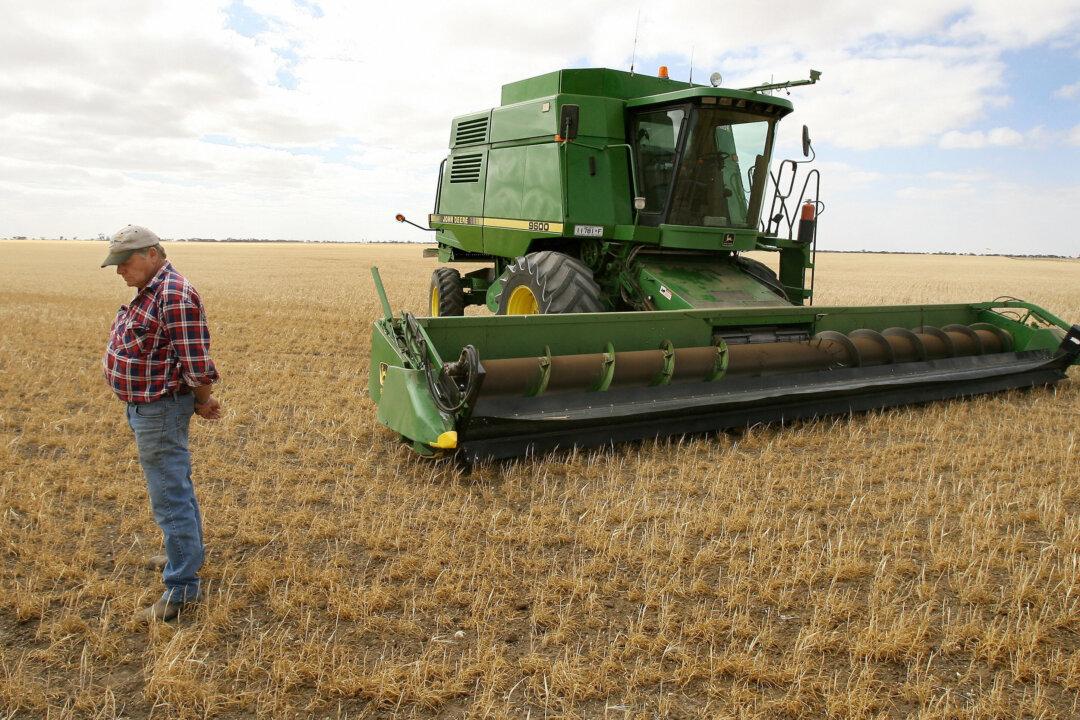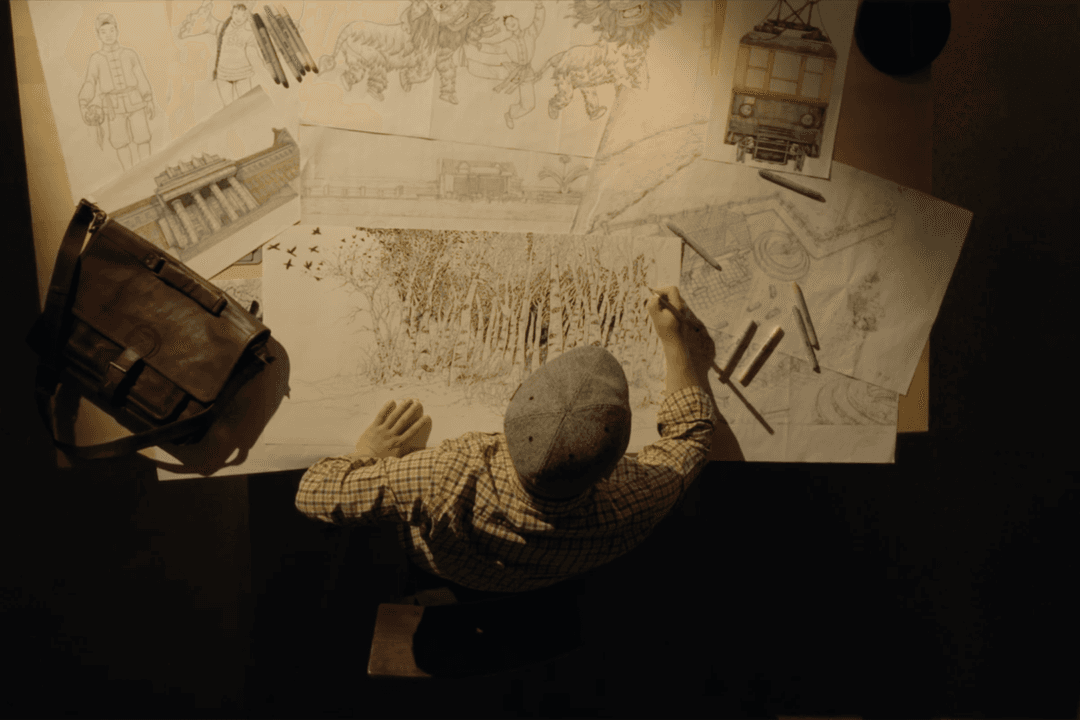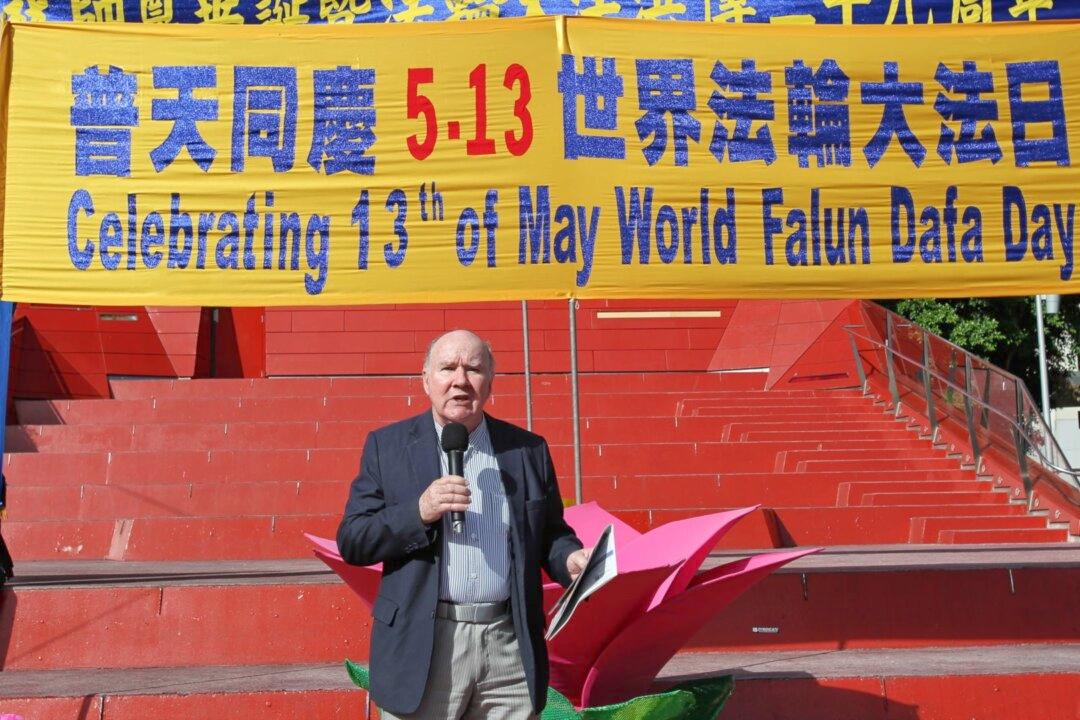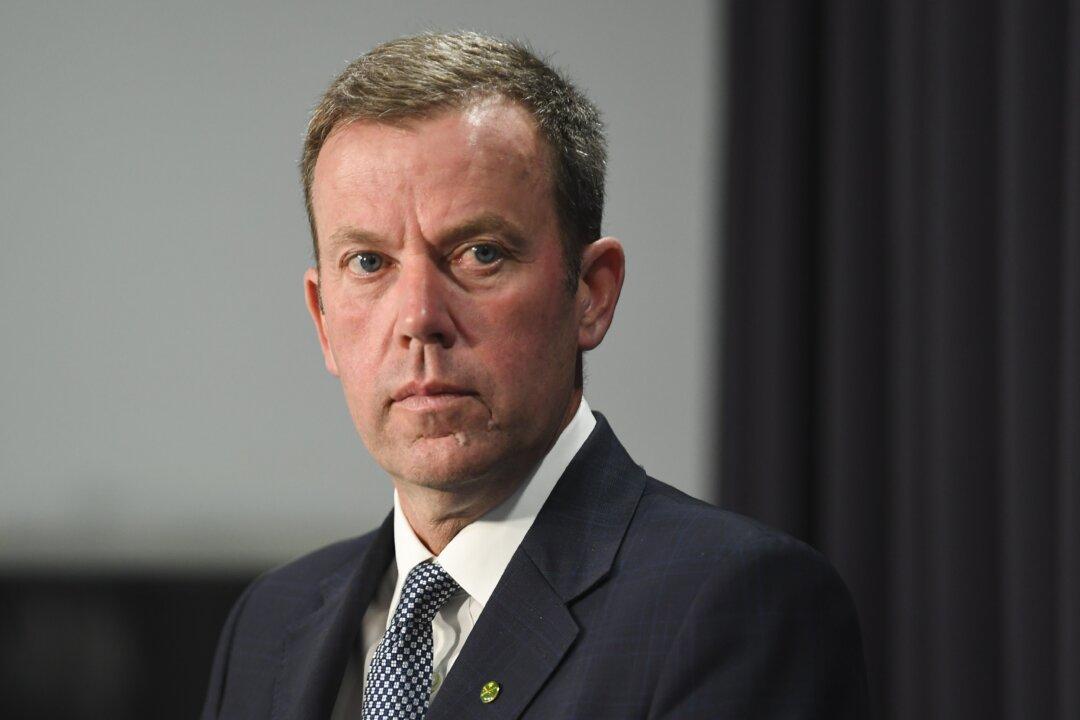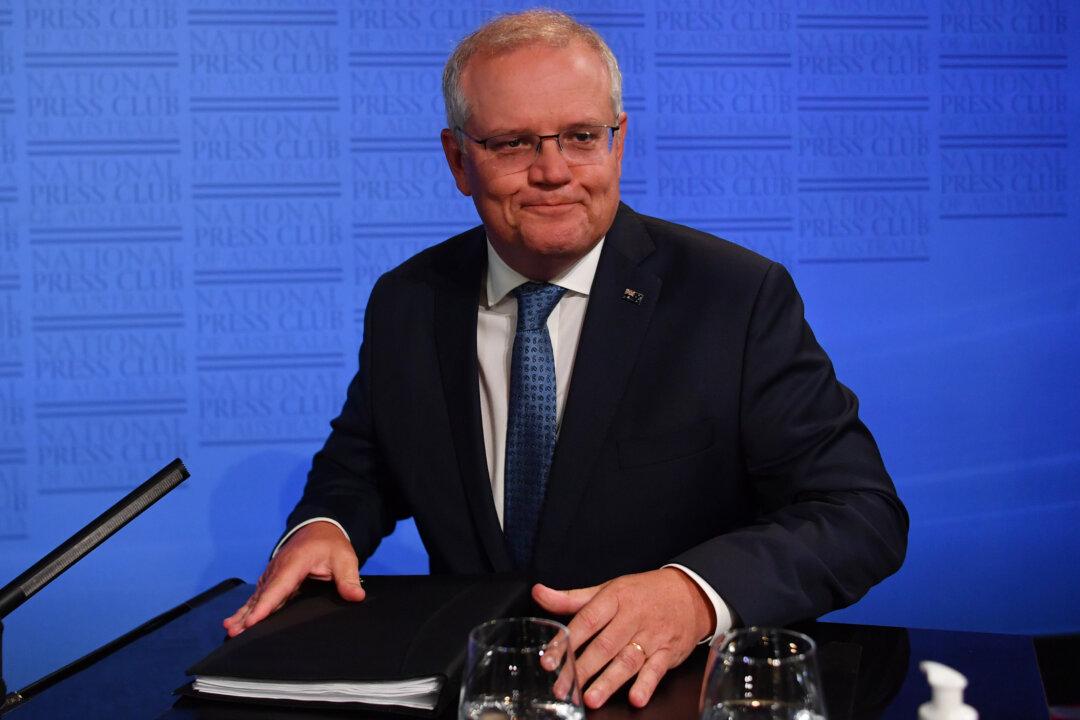The Victorian government’s 2020/21 budget shows significant investment in innovation, technology and research for the agriculture sector, providing support for an industry which has endured bushfires, the CCP virus pandemic, and trade disruptions from China.
David Jochinke, the Victorian Farmers Federation president, said in a media release that the big-spending budget is a “mixed-bag” with strong long term support in some areas, and not enough in others such as crucial Murray Basin Rail project.
